|
You are not competing against your fellow Agent, at least not in the sense your corporate overlords want you to believe. Sure, you're competing for the business that’s up in the air, for the shoppers, for the the movers and the shakers… but you are NOT competing with other Agents in your town, with your carrier or in your territory.
You’re just not. Corporate may make you THINK you are and they may even throw carrots and competitions out at you to get your competitive juices going, but you're never competing with any other agency. You're battling and competing with your own Agency. And as long as it’s growing faster than you’re losing money in the beginning, as long as it’s doing better than the day before most days (Sales v attrition), and s long as you’re working on lowering expenses and adding more business and lowering attrition, you will win. But if you begin to focus on how you can beat "Leaderboard Larry", you’ll wind up spending money to compete that you won’t see the same ROi on should you have just done your normal thing and work the leads properly. We all want to write as much as we can. We all want to be winners. We all want to be leaderboard Larry. The reality is... you’re not competing with Larry. Larry isn’t paying your bills. Larry isn’t thinking about you, but corporate wants you focused on Larry. They WANT you chasing him. They don’t care if your margins are 1%, 10%, or 50%. Their margins are the same and they just want more business. So let’s get all the agents thinking they’re only good if they keep up with Larry and get them spending their money. Who cares? Not our money! And we earn more when we get these hamsters running harder. Run, hampster! Run! The reality is you are competing against your own agency each and every day. And if you are growing revenues and bottom lines at a comfortable or better pace for YOU, then you are winning in agency. You are in no way ever competing with your fellow Agent outside of the current prospect you are trying to earn. All the competitiveness you feel in this industry has been placed on you to make you run harder. Understand there’s a point where you are seeing a diminished return trying to keep up with leaderboard Larry. And there’s a good chance leaderboard Larry’s finances may not be the healthiest in order for him to keep a crown that in reality means absolutely nothing. The life you’re providing yourself and your family is your crown. The agency you’re building is your throne. Make sure your crown and throne are on point. Don’t worry about Leaderboard Larry or Corporate Carl pushing you to be more like him.
0 Comments
You. Are. Not. Stuck.
Read it again. You. Are. Not. Stuck. One of the most frustrating things I come across working with you guys is the Agent who believes that they are not able to make moves. The fear of not finding another job. The fear of landing in an Agency even WORSE than the one they're in. The fear of having to tell the family that you're changing jobs or seeking something new. And while I would never invalidate anyone's feelings or opinion on anything because a feeling is personal, the actual fear is misplaced. We are in one of, if not the MOST, fluid industries out there. 30-50% of all Agents in your area are hiring at all times. They may not be advertising it. You may not find it on Monster.com, Indeed.com, or another job site, but if you walked in with a positive attitude, your resume, a brag book showcasing your numbers, and with contagious enthusiasm, most Agents will think long and hard about giving you a chance. Look around your office. There is a good chance you are either by yourself and you need to grow. Or maybe you are there with a few people and at least ONE of them REALLY SUCKS at closing sales (and your Agent knows it). Or maybe there is someone toxic that is just being dealt with because they produce. And this is happening in EVERY OFFICE. As Agents, we are taught to always be looking out for our next great team member. Some captives push their Agents to have one more person employed than they feel they need because they are always on the verge of potentially losing talent and it's better to be a little overstaffed and pushing than it is to be constantly hiring and behind. Point is this. You are not stuck. You may feel stuck. You may think you are stuck. But you are not stuck. If you need a change of scenery do not be afraid of exploring it. Right now, more than ever, we have Agents all around the country facilitating a remote opportunity, building large teams, flexible with remote learning, or are open to helping you deal with whatever issues you feel hold you back in your career right now, even if its just a good old change of scenery. I wanted to plant this seed in all of your heads. If you are unhappy we are in one of the most fluid industries in the world and there is no one and nothing keeping you there but you. Find happiness in your career. Don't allow yourself to stay stuck. You've worked hard throughout your career to help families and businesses in your community protect their assets and loved ones from risk. With a busy business book, fantastic staff, and a well-established office, you've made a name for yourself and can be proud of your success. However, you may have come to a part of your life where you feel like now is the time for a change. You've built up an insurance agency that's provided for yourself and your family, but you're ready to sell. So, what happens next?
The following 4 steps will help you to prepare yourself for and to simplify the process of selling your insurance agency. THE FIRST STEP - HAVE YOUR AGENCY VALUED As an agency owner, you have been working hard to build your agency and make it profitable. Are you aware of your agency's value? It is important to determine your agency's value before you try to sell it. Several factors should be considered, including your agency's location, the markets you serve, and the variety of your books. Is your risk spread across many different accounts or is it concentrated in the hands of a few large clients? THE SECOND STEP - HAVE A PLAN FOR THE MARKETING AND SALE OF YOUR AGENCY Three years before you hope to close the deal, you should begin planning for the sale of your agency. It is important to hire the right team to guide you through the process, starting with a good business attorney. Performing the valuation is the first step. If there are issues, you have time to rectify them. After that, a prospective buyer's search, negotiations, and the final closing follow. There is a time commitment associated with each of these steps. Start the process long before you're ready to hang up your hat. THE THIRD STEP - HAVE OPTIONS FOR SELLING YOUR AGENCY You can sell your agency to a buyer inside your organization, such as a producer, or externally, such as a competitor. It is possible to borrow money in order to buy your agency outright when you sell your agency internally. In this case, the transaction is called a leveraged buyout. Alternatively, you might work out a deal where the buyer pays you incrementally until they have fully taken over the business. A transaction in which the owner finances the purchase is called an owner-financed transaction. There are some external sales that are rolled up. The process of absorbing your agency into another agency's structure is called merger. A buyer can also purchase your agency outright and move right in without changing staff or location. Another type of book buy is when the buyer purchases a list of your customers only, not your staff. THE FOURTH STEP - HAVE TERMS READY Selling your agency means that you want to get as much cash as possible as a fixed price. It is in the buyer's interest to put down very little and pay a percentage of commissions over several years as the contract is renewed. The buyer and seller usually have opposite objectives, so they are usually at odds. It's important to know exactly what you hope to get out of the transaction going in so that you can end up happy with the final outcome of the sale. When you want to sell your agency, having a great team by your side can make the process much easier. It will be bumpy. Expect it from the beginning. Even with the best planning, there is a chance that something unexpected will happen. Using a professional approach, these glitches should be dealt with. Please remember that this is purely business. Put all of the pieces in place and relax. You deserve to enjoy the fruits of your labor. One of the most difficult things to do in Agency is keeping a staff accountable to their efforts and production.
Unless you have a system that monitors calls, keystrokes, computer usage, or have a surveillance system in your office, hich is not the case in most Agencies, you're pretty much going off what you are being told. What's crazy about it is most Agents fail to see the true opportunity that is being missed by failing to have a structured accountability plan in place in their office. Being told by an employee "I asked easily 30 people today about life insurance and they all told me no" and taking that at face value without any real verification is not a way to run your business. I hate to say it so boldly but people exaggerate their efforts and fudge their numbers. And no one likes to get called on their bullshit. If you have a producer who tells you they ask every person every time and they have no production to show for it, theyr'e either fluffing you hardcore OR they are in tremendous need of training. Most Agents hear that there's effort and no performance and shrug their shoulders and say to themselves "Fish ain't biting right now." But once you are able to (and I hate using corporate lingo) "inspect what you expect" and you strip away the ability for your staff to BS their way through conversations with you regarding effort and production, the real issues begin to show themselves. Being able to hold a team member's feet to the fire while holding them accountable is powerful. I'm not talking about big brother standing over everyone's shoulder, spying all day every day, but being able to know how, why, and where your producers conversations are going south, if they are making their calls, if they are using their word tracks, if they are pivoting properly... all that stuff. It allows for you to begin to build an Agency with intent and it allows you to build an Agency that is not always reliant on whether or not they have a rock star producer in the house or not. Most Agencies do not have a way to keep their team accountable and employees not knowing their numbers, fudging their efforts, or exaggerating their claims while having an Agent who simply accepts the answers they are given is basically an asylum being run by the crazies. Not calling you insane, producers, but the bottom line is that as the owner of a business, we must be willing to dig into our metrics and understand what is really going on and not simply what we are being told. What we are being told is often a fantasy being weaved by employees looking to stay out of hot water, staff refusing to admit they're not talking about a product or service, or just plain thinking they're putting in a lot more effort than actually delivered. Accountability within your Agency. Even though they are tough and uncomfortable conversations, it's a big part of why some Agencies go on to become $20, $30, 50 million dollar books and why others simply flop. Any agent knows that customers are critical to the longevity of your insurance agency, which is why creating long-lasting customer loyalty plays such a crucial role in our industry. A happy customer returns to buy more products from you, and this is easier, cheaper and more reliable than buying leads and hunting down prospects.
So, how do you make (and keep) a customer happy? Customer loyalty and client happiness are affected by a lot of factors including, but not limited to, customer service, relationship curation, agent/client trust, and actually listening to what your clients need. We've put together a short list of ways that you and your staff can help maximize customer loyalty so that renewals become the standard for your agency: EVERYONE ON THE SAME PAGE Employee training maximizes the potential for profitable growth of your business. Positive training sessions will improve employee attitudes in the company. Boring training sessions will waste time and money and lead to negative attitudes. Motivate your employees to participate in training by explaining why it is beneficial for their careers and for the business. KEEP YOUR EARS OPEN Top notch customer service means always going above and beyond to meet the needs of the customer. The best customer service results in repeat business, because people remember to be treated well. You an d your staff need to always be aware of incoming complaints and concerns of customers. The feedback you receive from your dissatisfied customers gives you an opportunity to resolve their issue and improve your service. LEMONS TO LEMONADE! Once you receive a client complaint, it's important to meet with your staff to figure out how to improve operations in your agency so the same mistake doesn't happen again. Be sure to examine what happened and how. This is the only way to fix the things that aren't working well and to give your customers a more satisfying experience. Inform customers whenever changes are implemented and that their feedback was taken into account. GET TO KNOW EACH OTHER Keeping in touch with your customers throughout the year is an excellent way to surprise them and keep a smile on their face when it comes to you. Sending personalized emails, thank you notes, and birthday cards shows them you care about them and their business. Be sure someone on your staff is keeping a database with this information and designate someone in charge of consistently staying on top of personal greetings. You might be able to predict whether or not a customer will renew their insurance policy with you from the way they interact with you over the course of their existing policy, or there could be one pivotal moment throughout your business relationship that is the deciding factor. Every client and situation is different, which is why it's important to have a range of plans to keep customers happy. This piece originally ran on Law360.com.
With the inception of the 2020 hurricane season and the potential end of the first wave of the COVID-19 pandemic in sight, insurance companies face unique and unprecedented challenges in the event a major hurricane strikes before the conclusion of the pandemic. How the insurance industry will handle the number of claims that result from a major hurricane is an overarching concern. Currently, the insurance industry is inundated with business interruption and other losses stemming from the COVID-19 pandemic; therefore, it is appropriate to consider what resources will be left to commit to another large catastrophe. Responding to a major catastrophe requires a highly coordinated effort across all levels of government, and any attempt to coordinate such a response in today's climate would be further complicated by the social distancing guidelines public health officials have put in place in the wake of COVID-19. In light of these challenges, insurers should be planning ahead to ensure appropriate resources are available for the investigation and adjustment of hurricane-related claims. The Above-Average 2020 Hurricane Forecast Both the European and American forecast models have predicted an active 2020 hurricane season. For instance, the National Oceanic and Atmospheric Administration's Climate Prediction Center predicted a 60% chance of an above-normal season. Additionally, researchers from Penn State forecast 2020 to be the busiest hurricane season in the last decade, ranging from 15 to 24 storms. Similarly, researchers from Colorado State University forecast that the 2020 hurricane season will have at least 16 named storms, eight hurricanes and four major hurricanes. Although these are just predictions, researchers from Colorado State project that the chance that at least one major hurricane will make landfall in 2020 along the U.S. coastline is 69%, as compared to an average over the last century of 52%.[1] In comparison, the 2017 hurricane forecast predicted average activity with 11 to 17 named storms of which 5 to 9 could become major hurricanes.[2] Since 2017, the insured losses for major hurricanes that formed in the Atlantic have totaled approximately $30 billion dollars. In Florida alone, the total estimate of insured losses for Hurricane Irma is approximately $11 billion[3], and the total estimated insured losses for Hurricane Michael is approximately $7 billion.[4] In Texas, the total estimated insured losses for Hurricane Harvey is about $15 billion.[5] In sum, Atlantic hurricane activity in the southern U.S. has caused approximately $30 billion in estimated losses throughout the course of the last three hurricane seasons. Resource Issues Facing Insurance Carriers COVID-19 is already forcing some states to rethink their models for hurricane preparedness. Specifically, how will local, state and federal authorities provide shelter for evacuees without further spreading the virus.[6] The Florida Division of Emergency Management is redeveloping plans for evacuations and shelters, while also adding facemasks to the state's stockpile of storm supplies.[7] Additionally, various federal lawmakers have already requested that the Federal Emergency Management Agency provide information on how it plans to balance its response to natural disasters with its COVID-19 response. Many lawmakers expressed concern that FEMA's resources are already depleted from its response to the COVID-19 crisis, as well as concerns regarding inadequate staffing, sheltering procedures in a time of social distancing, and a global shortage of necessary protective gear, all of which could affect FEMA's ability to respond to a hurricane. FEMA recently issued a statement that it "has 3,000 employees dedicated to COVID-19 response out of 20,000 employees "ready to respond to other emergencies" and still has $80 billion left in the Stafford Act fund, after allotting more than $5 billion for the coronavirus crisis."[8] Also, a number of organizations, including FEMA and the Centers for Disease Control and Prevention, have issued guidelines as to how to properly prepare for a hurricane during the COVID-19 pandemic.[9] For example, FEMA stresses that planning during this hurricane will be different because of the need to protect against COVID-19. FEMA further recommends:
Large insurance companies that rely on in-house adjusters positioned all over the country face challenges in getting adjusters on the ground to investigate claims. Travel is complicated in the current environment. Although some hotels and resorts may remain open amid the pandemic, many hotels throughout the U.S. have experienced closures and temporarily ceased operations. Gov. Ron DeSantis of Florida has issued executive orders requiring travelers flying into Florida from certain states including New York, New Jersey and Connecticut to self-quarantine for two weeks which could also affect response times if a hurricane were to make landfall in Florida. Texas has issued similar travel restrictions requiring travelers to self-quarantine for two weeks if flying or travelling by roadway from certain places.[12] With travel restrictions like these in place, insurance carriers could be discouraged from bringing out-of-state adjusters into the state after a major hurricane. Scarcity of insurance adjusters can cause frustration among policyholders, as well as a potential delay in the adjustment of insurance claims, which makes litigation more likely. Whether adjusters are occupied responding to another catastrophe, or travel restrictions limit an adjuster's ability to gain access to a geographical area for an inspection, issues in the initial phase of the adjustment process are likely. Following Hurricane Irma, the lack of available independent adjusters ultimately caused a surge in billing among adjusters that were available. This led to increased costs for insurers. Accordingly, in preparation for hurricane season, it is important that insurers align resources and assign contracts for independent adjusters so that pricing and availability do not become an issue. Logistical issues in the claims handling process are sure to be pervasive in the event of a major hurricane, especially if the COVID-19 pandemic has not come to a halt. Insurance carriers can get ahead of the curve by allocating resources and having contingency plans in place including emergency response teams and contracts with local vendors. Court Disruptions Lead to Problems in Litigation Logistical concerns facing the legal system are also important when considering the issues insurers potentially face in the case of a major hurricane during a pandemic. Florida courts faced challenges handling the vast number of disputes and procuring trial dates following Hurricane Irma.[13] It is reasonable to assume that those same issues could be exacerbated in the event of a major hurricane, especially if the COVID-19 pandemic is still restricting the courts' ability to operate. The spread of COVID-19 has already caused jury trials to be discontinued, ongoing cases significantly delayed, and a scramble for technological workarounds as most of the legal field works from home.[14] According to the National Center for State Courts, dozens of the 94 federal courts around the U.S. have closed and delayed trials, state court systems have restricted or ended jury trials, and many have suspended in-person proceedings entirely until a time yet to be determined. [15] Conclusion During the 2020 hurricane season, insurers would benefit from advanced preparation to allow for the efficient handling of claims to reduce tensions with policyholders already frustrated by COVID-19. Taking all of this into consideration, insurers should brace for a potentially significant hurricane season by addressing the possibility of depleted resources, including the number of available insurance adjusters and social distancing requirements that may make investigation and adjustment of claims difficult following a hurricane. The more insurers consider the potential complications following a hurricane in the wake of COVID-19, the better they will be prepared to respond. [1] See https://www.wesh.com/article/2020-hurricane-season-forecast/32019427.; See also https://www.wtsp.com/article/weather/hurricane/2020-hurricane-season-florida-atlantic-gulf-of-mexico-penn-state-forecast/67-4a95a174-c16d-49b7-9206-8dbc913a957f. [2] See https://www.noaa.gov/media-release/above-normal-atlantic-hurricane-season-is-most-likely-year. [3] https://www.floir.com/Office/HurricaneSeason/HurricaneIrmaClaimsData.aspx. [4] Seehttps://www.floir.com/Office/HurricaneSeason/HurricaneMichaelClaimsData.aspx. [5] See https://www.insurancecouncil.org/tdi-releases-harvey-data-call-report/. [6] See https://www.local10.com/news/local/2020/05/06/florida-makes-plans-for-dealing-with-novel-coronavirus-during-hurricane-season/?__vfz=medium%3Dsharebar. [7] See https://www.clickorlando.com/news/local/2020/05/11/florida-adds-covid-19-into-its-hurricane-preparations/. [8] See Justin Coleman, The Hill, "Democratic lawmakers ask how FEMA is planning to balance natural disasters, COVID-19 response" April 20, 2020. [9] See https://www.cdc.gov/disasters/hurricanes/covid-19/prepare-for-hurricane.html; See also https://www.fema.gov/blog/2020-05-08/preparing-hurricane-season-during-covid-pandemic. [10] See https://www. https://www.cdc.gov/disasters/hurricanes/covid-19/public-disaster-shelter-during-covid.html. [11] See https://www.wsj.com/articles/florida-is-short-on-insurance-adjusters-and-that-could-stall-recovery-efforts-1505381401. [12] Seehttps://ballotpedia.org/Travel_restrictions_issued_by_states_in_response_to_the_coronavirus_(COVID-19)_pandemic,_2020. [13] See https://www.courthousenews.com/one-year-later-hurricane-irmas-fallout-looms-large-in-florida-courts/. [14] See https://abcnews.go.com/US/coronavirus-crippling-courts-raising-concerns-civil-liberties-advocates/story?id=69757862. This piece originally ran on Hometown University.
Prospecting is one of the most important ongoing tasks of an insurance agent. It’s like exercising—you may not always feel like it, but it sure feels good after you’ve finished, and it’s the only way to keep yourself healthy in the long term. When it comes to prospecting for new insurance clients, it may be helpful to think about it both in terms of how you can make your daily sales efforts successful and how can you get better at prospecting over time. Short-Term Prospecting Tips 1. Use Fresh Leads Unlike other important consumer purchases, people don’t normally shop for insurance over the course of a couple weeks. Instead, the timeline is only a couple days. They’re either unhappy with their current insurer, know their old policy is coming up for renewal, or they may have a specific immediate need, like buying a new car that needs to be insured. Getting a foot in the door right away can make all the difference for you, so the fresher your leads, the better. 2. Script and Practice Once you get a prospect on the phone, you need to know what to say. It’s normal to fumble for words when you’re first starting out, so creating and practicing with a script is key. The two most important parts of the conversation are your introduction (making the first impression) and anticipating objections and how you’ll handle them. More experienced agents may only need an outline for reference, although it never hurts to create a script each time a new insurance product or regulation is introduced; the process of writing out the words you want to use will help organize your thoughts about how to best present the new information. 3. Check Your Mindset Before you begin making calls, spend a few moments getting your head in the right space. You may have called hundreds of prospects in the last several months, but you don’t want to come off like a robot. Visualization, deep breathing and verbalizing affirmations are all quick ways to reset your energy and intention between every call you make. Long-Term Prospecting Tips 1. Ask for Referrals If you don’t already have a process in place to ask current customers, family, friends and others for referrals, create one. Schedule an email ask every six months or hold an annual contest with a giveaway for the person who sends the most referrals your way. And make it part of your on-boarding process that as soon as you’ve got a new client set up and happy, you politely ask them to refer anyone else they may know. 2. Stay Active on Social Media Being an active participant on social media is a creative way to drum up prospects. Create a profile for your agency, seek out connections and participate in online discussions. Sharing expertise will build your credibility, and you can create a lot of impressions (the number of times your name is seen by others) in a short period of time for free. You can discover a lot of prospects online. 3. Find a Mentor Learning from others is one of the best ways to avoid mistakes and pick up good habits. Develop a relationship with an experienced agent and, if you can, watch them in action. You’ll be able to pick up all kinds of tricks from someone who has been in your shoes! While it’s flattering to be asked for advice, be cognizant that someone is doing you a favor if they agree to mentor you; be respectful of their time and show sincere gratitude through small gifts and kind words. A special note to experienced agents: You’re never too old to have a mentor! Be open-minded to the possibility that you could learn a lot from a mentor who is younger than you. Provide your staff with opportunities or they will provide you with apathy and abandonment.
It is a rare person that starts a job somewhere and then works there for years and years and years wanting nothing more than to do exactly what they were hired to do many moons ago for the exact same pay. Yet, so many Agency owners feel like they can get away with treating their people like this. You need to find out what your people's motivations for working are and provide them a path to getting more of it. No one WANTS to work. They may want to get out of the house so they're not home with the kids all day. They may want to get out of the house so they're not alone all day. They may want or need more money and all that comes with that, be it for personal or financial reasons. Once employed the person is probably not looking to do the exact same thing forever. They're going to want to have more responsibility. They're going to want to earn more. They're going to want work-life balance. They're going to want SOMETHING other than "Come here every day and do the same thing every day from now until you are no longer here." And the funny thing is, you know this. Yet, so many Agent owners are trying to figure out how to skimp as much on things, that they're willing to turn a blind eye to culture, opportunity, and employee happiness to do it. And then we see posts in our Insurance Soup Facebook group about how hard it is to find good people. Well, I'm going to say it... You've probably had good people and you've probably shit the bed with them. You've probably have hired someone that would have been better with training. You've hired someone who could have taken on more. You've hired someone who would have worked harder if you didn't suck at pretending to care so much. You've hired someone who never bought in because you never shared the vision. You've hired someone who sucked for you but has been a star everywhere but your office. There are good people out there looking for solid careers. Not everyone who didn't work out for you sucked. If everyone you hire sucks, chances are it's you who is the vacuum. If you hired someone and can honestly say...
"Sell more" is not good advice from a manager or owner to an employee who is frustrated. YOU sell more. You won't. You don't. Many of you can't. Yet, you levy this exact pressure on someone who you expect to be as good or better than you without having anyone of substance within your 4 walls capable of getting them trained up because you opened an Agency without a plan and figured hanging a sign and buying some leads was going to make you rich. You need to provide them what they want and need to be successful: a great place to work, genuine care, culture, opportunity, and mobility. I promise you all those employees that you always bring in that "suck so bad" will be better. As will your Agency, your bottom line, your employee's happiness, the length of time they stick with you, your book of business, your client's satisfaction and a lot more. Better staff starts from the top. If they suck, chances are you do too. And it's ok to suck, just look in the mirror and work on yourself instead of wondering why a bunch of people aren't doing what you want better than you're willing to do it yourself. Recently, Mike McCormick shared a story in the Insurance Soup Facebook Group about something his 7 year-old daughter Reagan did while he was away on business. Mike's wife, Dana, and their 3 kids Ryann, Reagan and Brandon were vacationing in Montauk, NY while Mike was in Texas. One night, Dana called him with this great story and immediately, Mike knew it would resonate with the members of Soup. Click the video below to watch! Agent networking is crucial in the insurance industry. The benefits of networking can greatly enhance your career prospects, whether it is so that you can get to know people or make business connections. Due to the fact that so many attendees are trying to make sales pitches or engage in overbearing business conversations, networking events can prove to be boring, despite their importance. Still, it is best for you to meet as many people as possible as an insurance agent since the more people you know, the more people you will be able to sell to.
HAVE CLEARLY-SET GOALS It is helpful to have certain goals in mind prior to attending a networking event as an insurance agent or any other business-related event.Keep your goals small and easily attainable. Maybe set out to create 5-8 meaningful connections with whom you feel confident you can continue a conversation with after the event whether it be in person or via social media. If you set goals that allow you to focus on getting to know people rather than thinking about nothing more than selling, you will be able to maximize your sales potential in the long run. USE THE BUDDY SYSTEM If you're intimidated to walk into a room filled with strange faces alone, don't be afraid to ask a friend or colleague to go with you! You can build a massive network of experts if you team up with an employee or a partner. An event for networking by yourself can be an overwhelming experience if you feel like everything has to be done by yourself. People you know can make you feel comfortable and prevent you from feeling bored when you are with them. DON'T BE LATE...DUH In your personal life, arriving "fashionably late" to an event may be acceptable, but if you do it at a networking event where you're hoping to make a good impression all around, get there early. Organizers of the event should ALWAYS be on your list of people to connect with at a networking event because they have the inside scoop on other attendees and may be willing to introduce you to other great connections. And the best time to talk to them is BEFORE the event starts. There's never a guarantee that you'll be able to speak with them after the event so arriving early is a must. DON'T TALK SHOP - TALK PEOPLE This shouldn't come as a surprise to anyone in the industry, but insurance isn't always the most exciting topic of conversation, even if it IS the reason you're all at the networking event. The point of the event is to make personal connections that may end up being a great business connection. This means that conversations can briefly touch on what you sell and where, but largely talks should be about getting to know the person, not pitching to them. If you've made a meaningful connection that goes beyond the event, then it will be time to see if you can help each other out business-wise. SEEK TO CONNECT OTHERS, NOT JUST YOURSELF This last tip can seem counterintuitive to some people and understandably so. If you've paid to attend a networking event, why should you spend your time there connecting OTHER people to one another? Aside from it simply being good karma, connecting people who seem to be a good fit puts you in a position of influence and it shows that you're not just there to better yourself, but to help others if you can. It also means that you're connected to various circles which could pay off big time in the long run. FOLLOW UP AND CONNECT ON SOCIAL MEDIA While we may not want to admit it, most of our connection to people these days is online. This means meeting people at an event, even briefly, is an open door to reach out on their social media accounts. Shoot a quick DM to say it was great to meet them and you hope to connect again some time soon. This gets your foot in the door to daily interaction with people on their social profiles which can lead to potential business opportunities at any time. Ultimately, if you want to get the most out of a networking opportunity, you've got to have a bit of a game plan ahead of time. Simply winging it may not yield the most fruit. Follow these few steps the next time you find yourself in a room filled with other insurance salespeople and you're likely to have a hearty list of promising connections in no time. |
Archives
April 2023
Categories |
Home | Terms and Conditions | Earnings Disclaimer | Privacy Policy | Contact Us
Copyright© 2023 - Insurance Soup, LLC
Copyright© 2023 - Insurance Soup, LLC


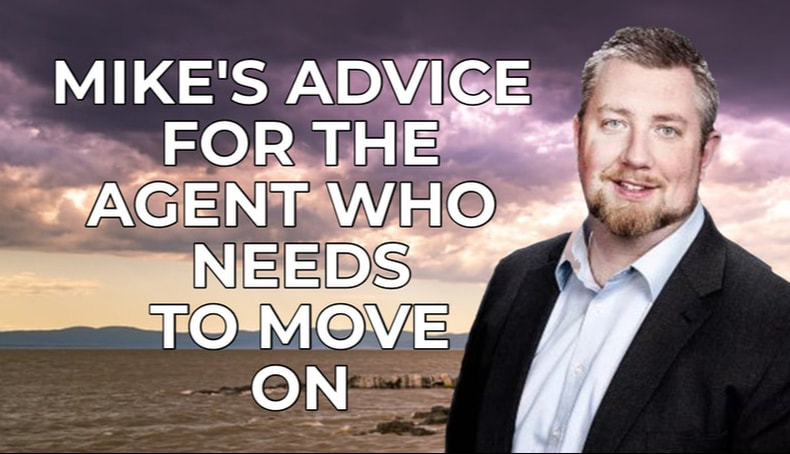
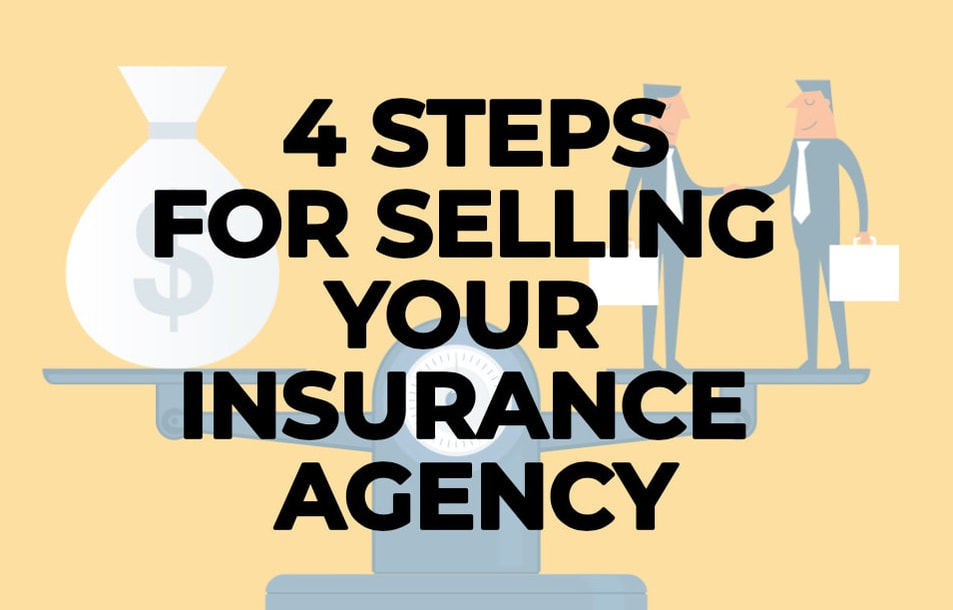
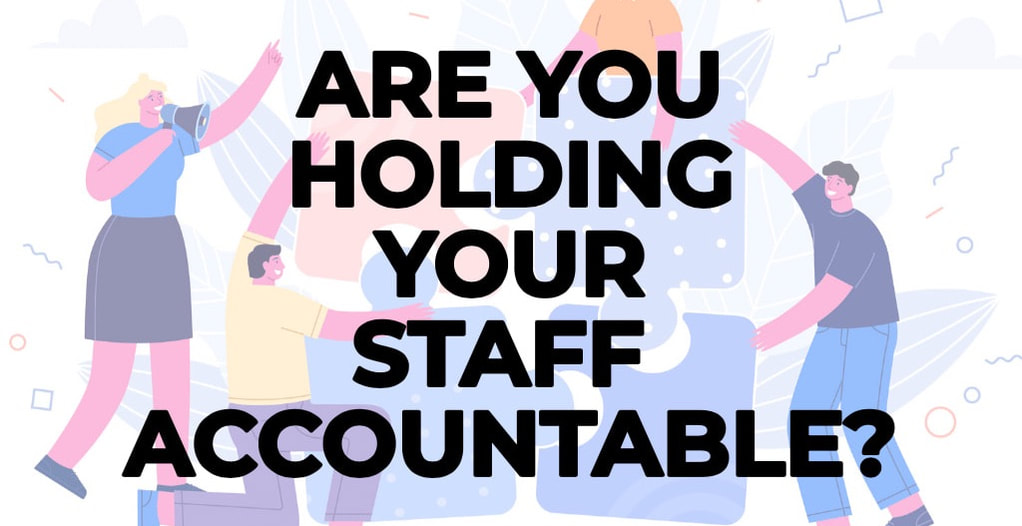
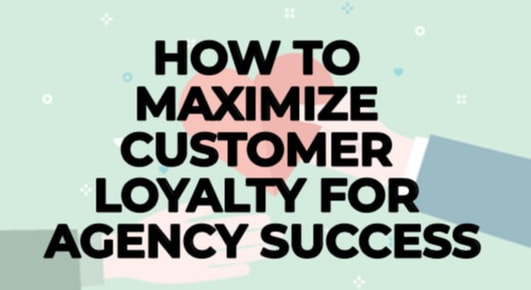
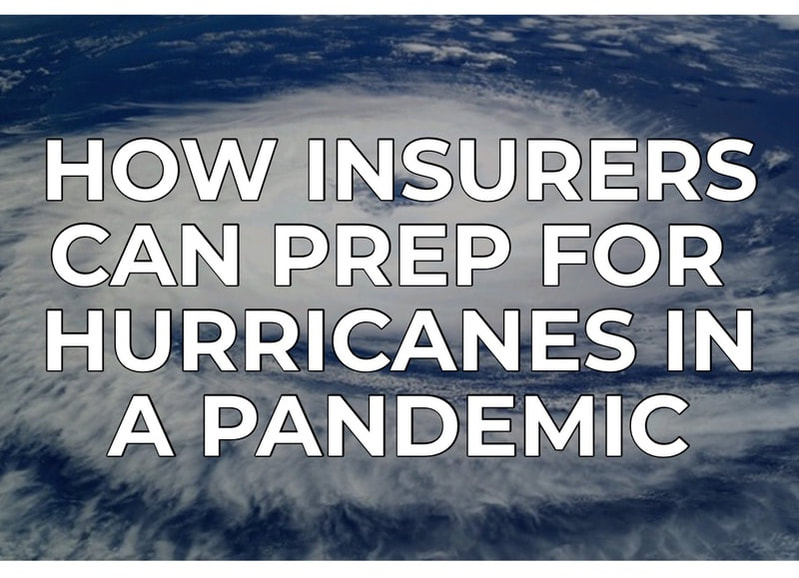
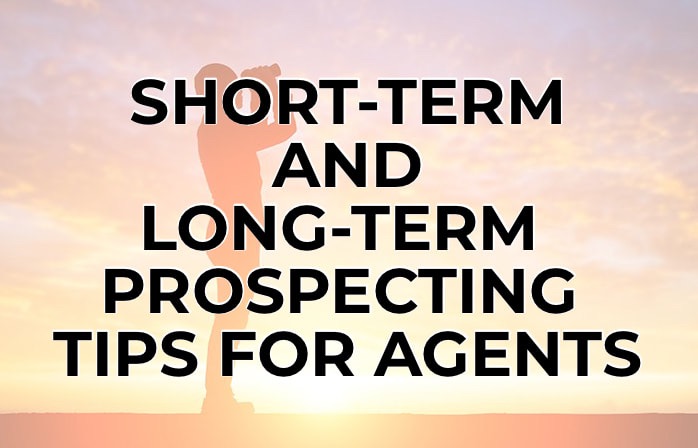
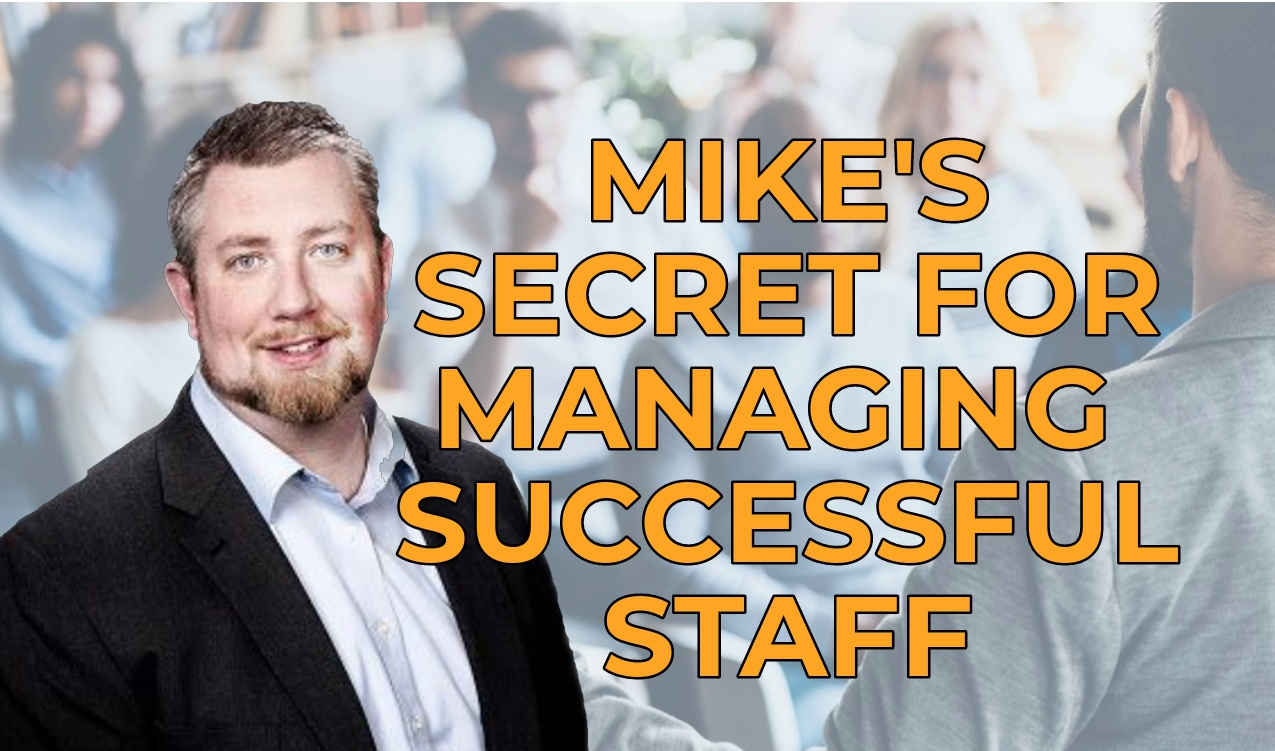
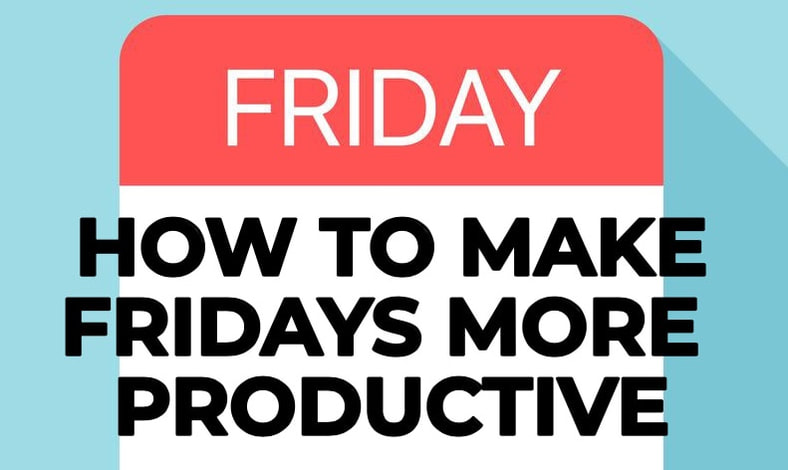
 RSS Feed
RSS Feed